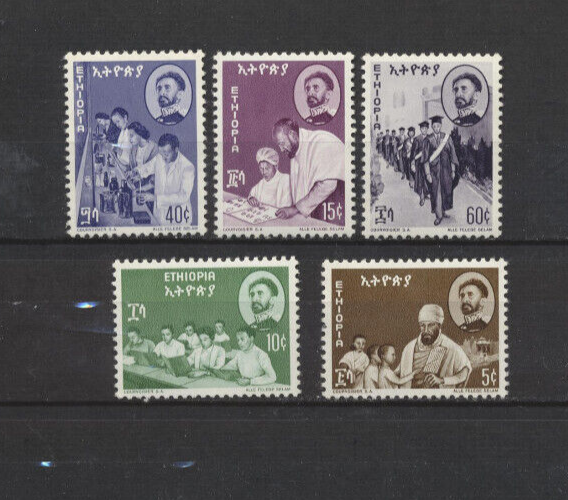Unveiling the Rich Tapestry of Ethiopia

Introduction
Ethiopia, often referred to as a cradle of civilization, boasts a history and culture that are among the oldest in the world. Located in the Horn of Africa, it is home to diverse ethnic groups and languages, making it a unique case study in terms of cultural and historical significance. In recent years, Ethiopia has garnered international attention due to its political changes, economic reforms, and ongoing conflicts. Understanding Ethiopia is crucial, not just for grasping its own national narrative but also for appreciating its impact on regional stability and development.
A Glimpse into Ethiopia’s Historical Significance
Ethiopia’s history spans thousands of years, with archaeological evidence indicating the presence of hominids dating back 3 million years. It is the only African country that has never been colonized, a fact that has instilled a deep sense of national pride among Ethiopians. The ancient Kingdom of Aksum, known for its monumental obelisks and as a trading empire, is a focal point in Ethiopian history and is often regarded as the origin of Ethiopian Christianity.
Modern Developments
In recent years, Ethiopia has experienced significant changes. Under Prime Minister Abiy Ahmed, who won the Nobel Peace Prize in 2019, the country has sought to boost economic growth through extensive reforms and investment initiatives. Major infrastructure projects, such as the Grand Ethiopian Renaissance Dam (GERD), have aimed to provide a more reliable power supply, although they have also sparked tensions with historically water-sharing nations such as Egypt and Sudan.
Current Challenges
Despite its progress, Ethiopia faces significant challenges, particularly related to internal conflict. The Tigray War, which began in November 2020, has resulted in a humanitarian crisis, with millions displaced and in need of aid. Ongoing tensions in various regions, including Oromia and Amhara, also pose threats to stability. The international community has called for a united approach to foster peace and reconciliation.
Conclusion
Ethiopia stands at a crossroads in its journey toward peace and development. As various stakeholders engage in dialogues about the way forward, the importance of Ethiopia in the context of African unity and cooperation cannot be overstated. The nation’s rich history and vibrant culture, coupled with its modern challenges, provide a complex yet fascinating narrative that demands attention. As the world watches closely, the hope remains that Ethiopia can emerge from its current struggles stronger, paving the way for a stable and prosperous future.









